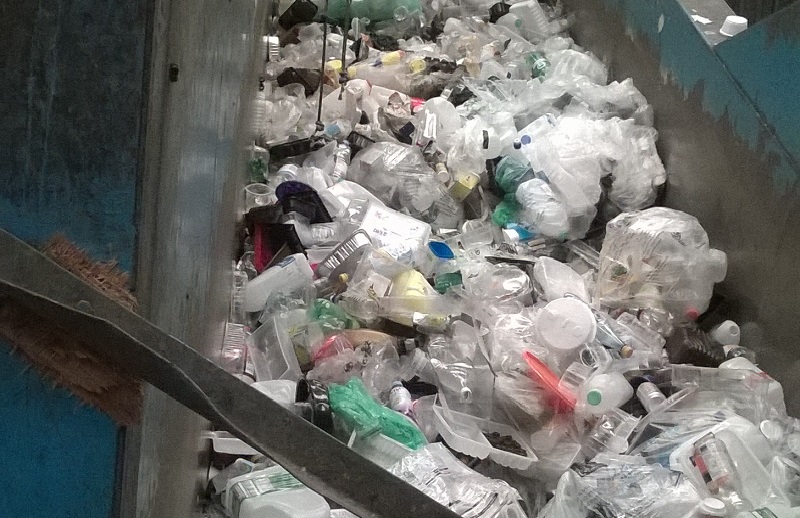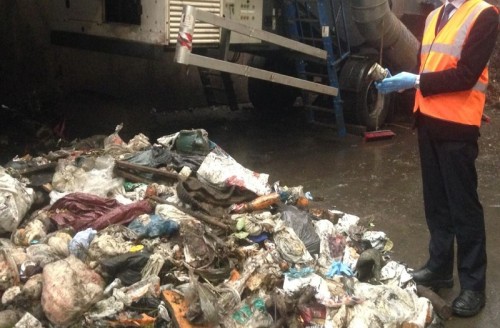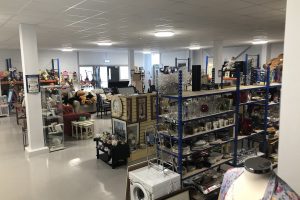There are two main systems for collecting household recycling
-
Putting it in a variety of containers and sorting it on the kerbside (kerbside sort).
-
Putting it all in one container and sorting it at a recycling facility (co-mingled).
Whatever system used, it costs more money to collect recycling than you can get back by selling the materials.
We collect around 16,000 tonnes of recycling every year using the kerbside sort system.
We use this collection system because it’s cost effective; it creates local jobs and it’s best for the environment.
1. It helps reduce your Council Tax bill by …
Saving money when sorting materials
-
If we collected all materials in a wheelie bin we would have to send them to be sorted at £43 per tonne.
-
This would cost the Council an extra £688,000 per year (minimum) based on 16,000 tonnes collected.
-
Recycling sorting facilities also cost millions to build -money Newport does not have.
Saving money when disposing of materials
-
We SELL 99.97% of the materials we collect. That income offsets roughly 50% of our collection costs.
-
If we sent all this material to a energy from waste plant it would COST the council around £92 per tonne – an extra £1.47 million per year.
-
Sending this material to landfill (not an option but just to illustrate the point) would COST the council an extra £1.78 million per year (PLUS hefty fines for missing our targets).
For more details on disposal costs click here.
2. It creates local jobs …
-
Collecting and sorting at the kerbside is a labour intensive process creating jobs in Newport.
-
All our materials are recycled in the UK, creating jobs in other parts of the UK.
3. It’s best for the environment …

Our plastics line.

Mixed collection – try sorting this out
-
99.97% of everything we collect is properly recycled.
-
Find out where your materials go here.
* As much as a quarter of what is collected through some co-mingled systems is not actually recyclable due to contamination.
* Take paper, for example. Paper from mixed collection systems is such poor quality that paper mills have built extra sorting facilities to clean the material being delivered to their doors. They therefore reject a significant amount of paper that collected co-mingled but this is not recorded in recycling figures.










